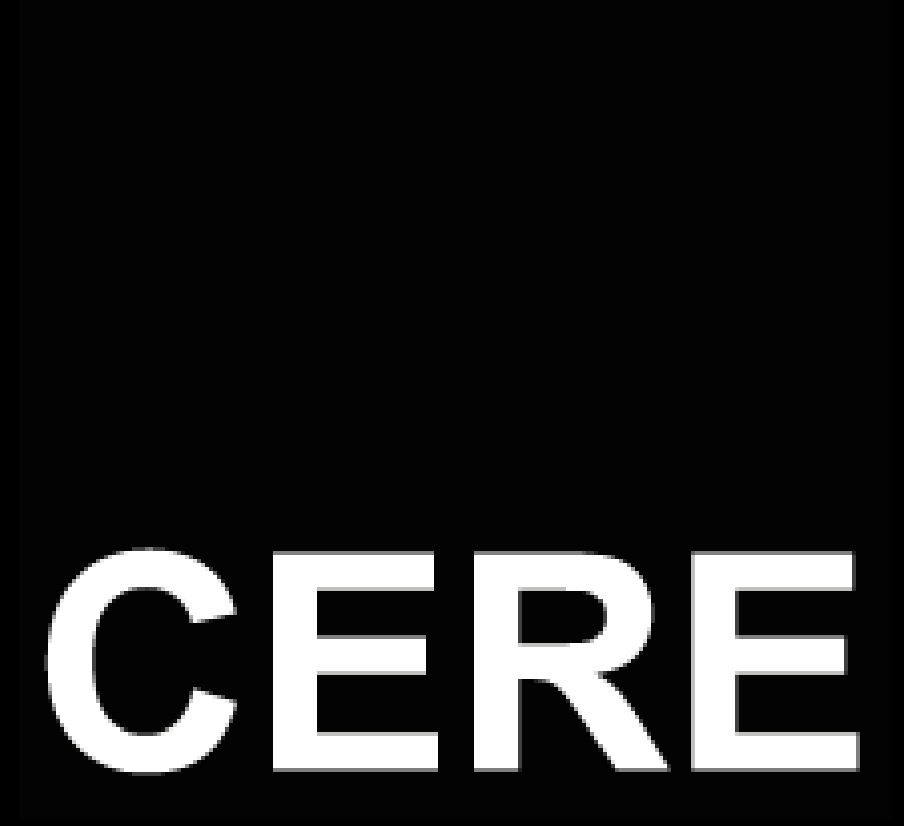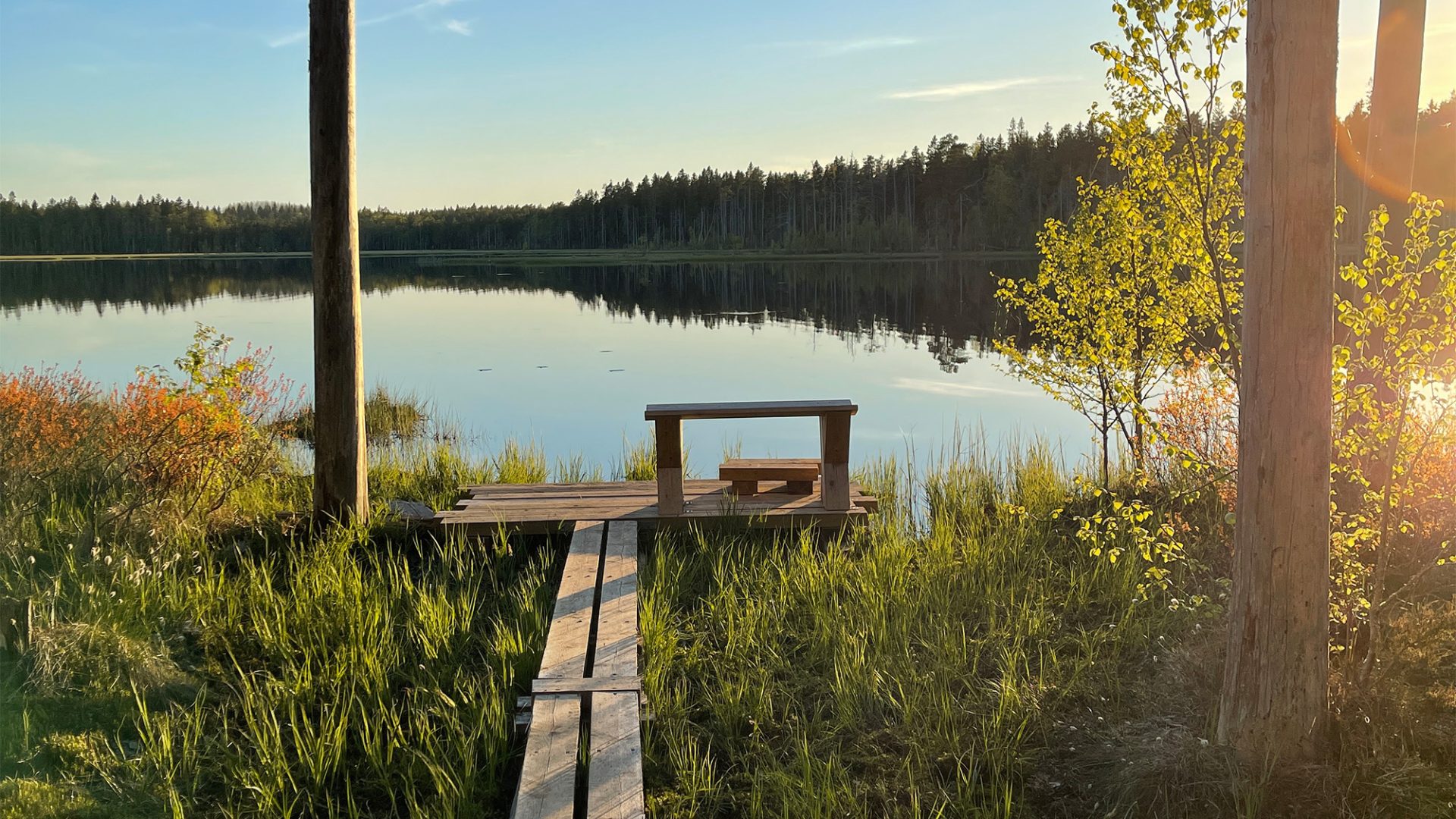Event
News
-
Ulvön Conference on Environmental Economics 2025 – A Resounding Success
We are delighted to announce that the 2025 Ulvön Conference on Environmental Economics, was successfully held on the beautiful island… -
Ulvön Environmental Economics Conference – program
It looks like the weather gods are smiling on us once again—forecasts predict sunshine and mostly clear skies throughout the… -
New CERE book publication
The Marginal Cost of Public Funds by P-O Johansson and Bengt Kriström This title is also available as Open Access…
Ulvön Conference on Environmental Economics 2025 – A Resounding Success – Cere
www.cere.se
Cere / News / Ulvön Conference on Environmental Economics 2025 – A Resounding Success Ulvön Conference on Environmental Economics 2025 – A Resounding Success Categorized in: News Posted on: 16 J…
